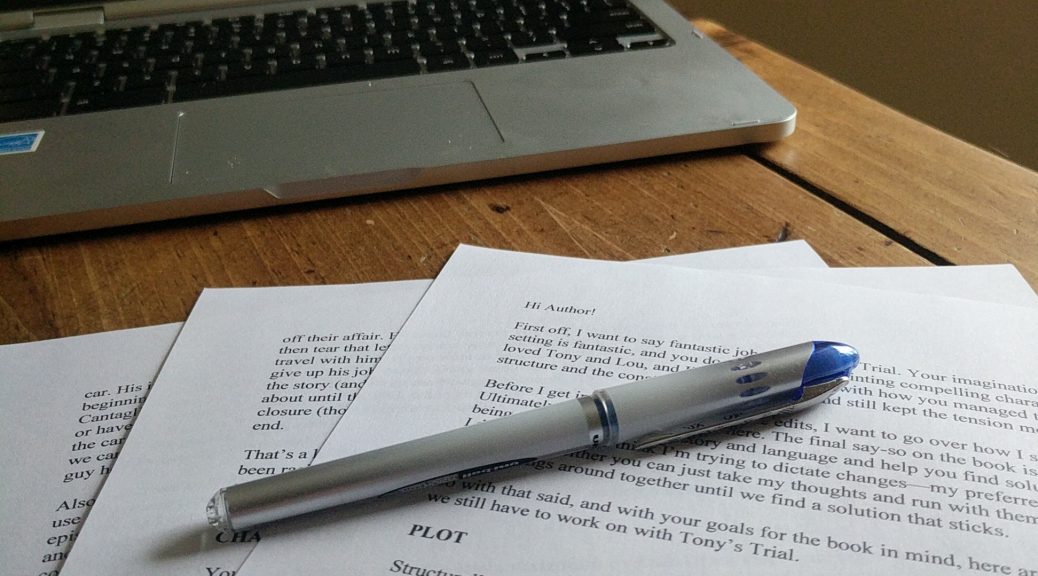Developmental Editing for Indie Authors
Indie authors have a unique and challenging path when it comes to developmental editing. Whereas in traditional publishing, the editor comes with the publishing deal, indies get to pick their own editors. That means they have much more freedom than a traditionally published author does. It also means they can have a harder time finding an editor who’s a good fit for their project.
Start with multiple editing leads
Because indies choose their own editors, they can evaluate several developmental editing candidates for each project. Traditionally published authors yearn for that, so if you’re an indie, take advantage. Start by asking for referrals from other indie authors. If you don’t know any, consider joining an indie support group like 20Booksto50k, the Indie Writers Cooperative, or the Alliance of Independent Authors. Usually that will generate a good list of developmental editing candidates who are a match for your genre and subgenre. If it doesn’t, you can try a Google search or cruising the listings on a directory of editors like Reedsy or the Editorial Freelancers Association. Avoid booking developmental editing through vanity publishers or indie distributors (like Amazon or Ingram Spark). They’re convenient, but they’re usually overpriced, and the best editors don’t work with them because they pay poorly.
Have a conversation
Once you create a list of prospects you’re excited about for developmental editing, have a conversation with each of them about the editor’s style and experience, your goals for the editing, and whether you think you’ll work well together. It can be tempting to jump straight to the bottom line and ask about price (after all, you’re running a business), but choosing an editor based primarily on price often puts you in a race to the bottom. If you’re lucky, a cheap editor will prove to be a talented newcomer who will do wonders for your book. More often, they’re a veteran who’s perfected the art of cruising rapidly through a book making just enough light edits to justify their low fee. If that’s what you want in developmental editing, they can be a great fit, but make sure you’re clear about the depth of feedback you’re going to get before you start.
Get a sample
Not all editors approach developmental editing the same way, so it’s essential to get a sample before working with one. Reputable editors want to know what they’re getting into as much as you do and should offer a short sample edit of your book (usually ten pages or less, double-spaced, size 12 font). If an editor refuses to do a developmental editing sample, that’s a red flag and you should walk. Either they’re too busy for you, they’re paranoid about being taken advantage of, or they don’t feel comfortable standing behind their edits.
Trust your gut
At the end of the day, go with your gut. If you don’t trust your editor, you won’t trust their feedback. If you don’t like how they communicate, you’ll struggle to use their feedback. And if you don’t like the way they do business, you’ll feel unhappy when you pay them for their services. The editorial relationship is a personal one, and you’ll get the best developmental editing if you work with an editor you view as a partner.
Next we’ll switch gears a bit and talk about developmental editing tips, so you can get a sense of what a good editor should be doing. You can also return to our developmental editing resources.









